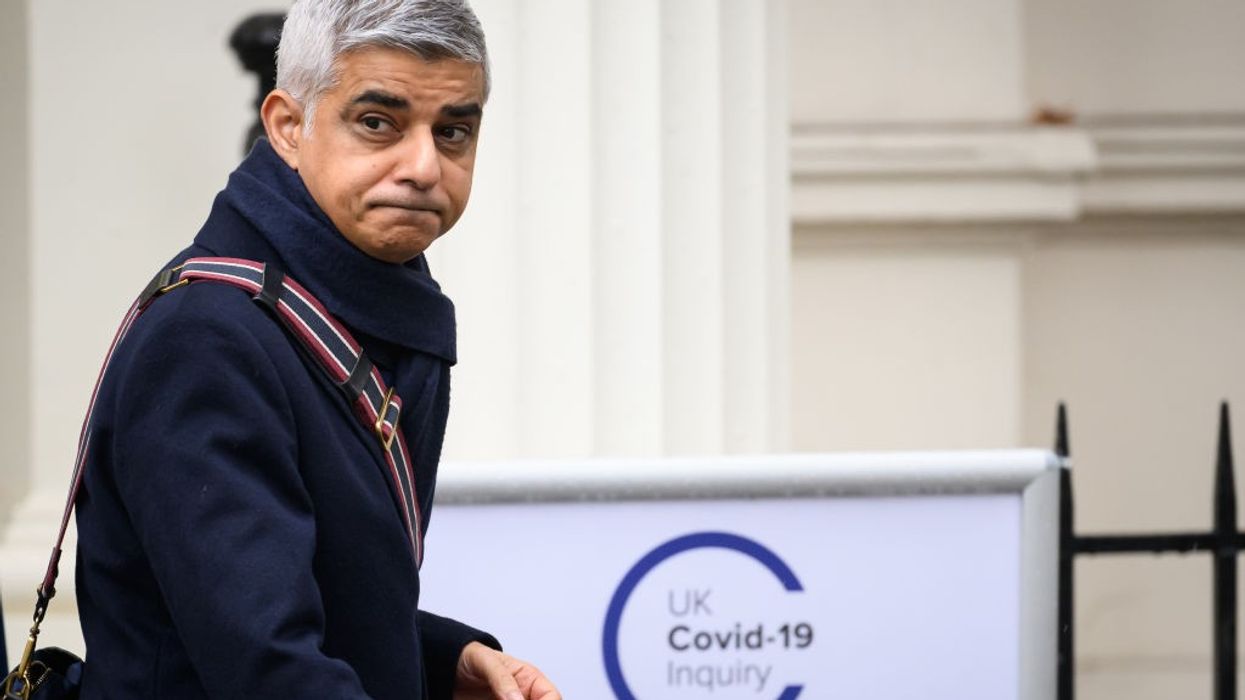LONDON’S mayor Sadiq Khan has accused the government of keeping him “in the dark” about its early response to the coronavirus pandemic and claimed many “lives could have been saved” had he been in the loop then.
He told the UK Covid-19 Inquiry on Monday (27) that Downing Street ignored his repeated requests to attend the emergency Cobra meetings in March 2020 to discuss ways to contain the infections.
Official data shows 196,691 people died of the disease in England since the start of the pandemic, with most deaths reported between March 2020 and April 2021.
While a 2021 parliamentary report said the government waited for too long to impose a national lockdown, Christopher Wormald, the chief civil servant at the Department of Health and Social Care insisted the timeline of measures was “completely rational” at the time.
In his testimony on Monday, Khan said, “I can see no explanation at all why… the Greater London Authority, the Mayor of London were not around the table. I think lives could have been saved if we were there earlier.”
“I had been kept in the dark as the elected Mayor of London and I felt almost winded in relation to what was happening in London and also realising there were things we could have done in relation to some of these issues.”
He said, “I was alarmed by what I was being told in relation to where we were and where we may go to. I will never forget that sort of feeling of lack of power, lack of influence, not knowing what was happening in our city.”
He said then prime minister Boris Johnson ignored his advice for a “circuit-breaker” to contain the rapidly rising infection rates and this necessitated “a second lockdown” which was imposed on November 5, 2020.
“Before lockdown one, we knew what was happening around the world. We delayed and we dithered. Lockdown two may not have even been needed had the government taken the advice from Sage for example, for a circuit breaker and lobbying from people like me,” the mayor said.
I was ‘kept in the dark’ about early response to pandemic: Khan
London's mayor says Downing Street ignored his repeated requests to attend emergency Cobra meetings in March 2020




